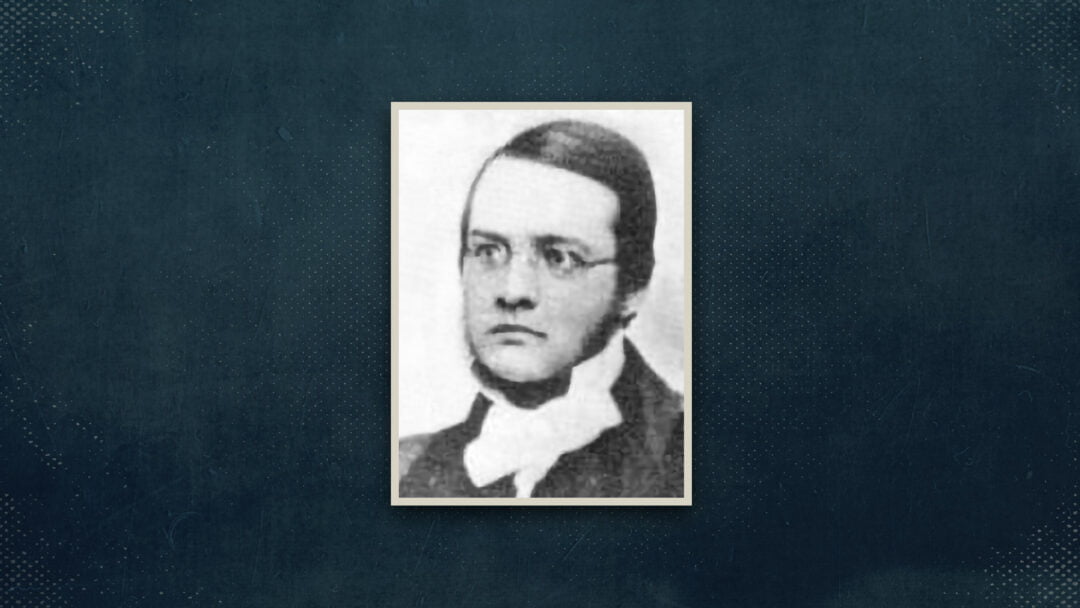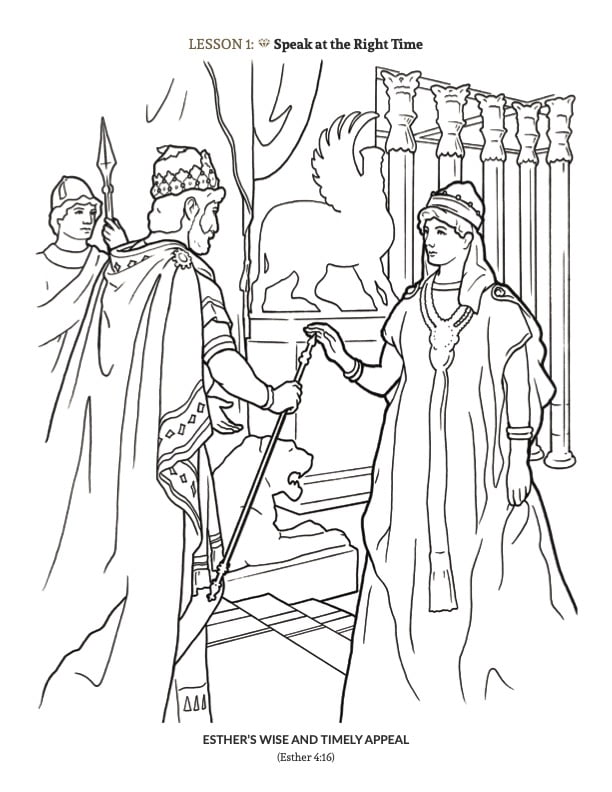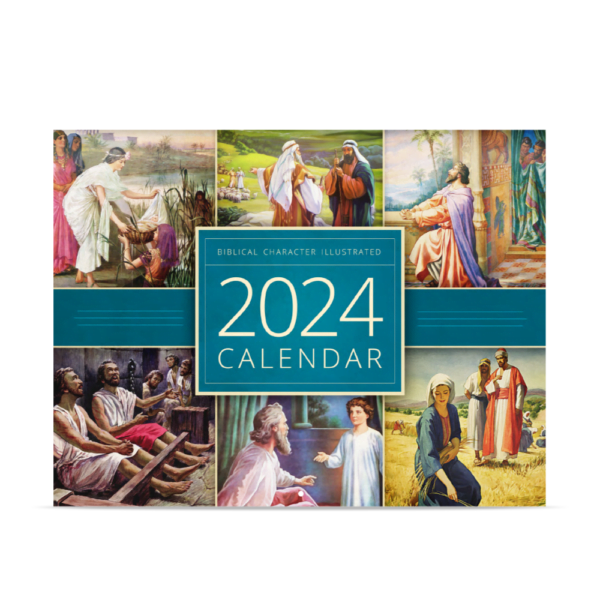
Cautiousness
Key Verse
The operational definition of cautiousness is “knowing how important right timing is in accomplishing right actions.” A cautious person understands that right timing is crucial. For example, retrieving a baseball from the road for your brother is helpful, but if a car is approaching, that is not the right time to chase the ball! Cautiousness means that you first look carefully to make sure there is no foreseeable danger. Then, if no traffic is present, the right action can be taken. Many potential problems and dangers can be avoided by carefully and thoughtfully speaking and acting at the right time.
The opposite of cautiousness is rashness, which means “proceeding hastily with lack of consideration.” A rash person is quick to speak, act, or react, following his natural impulses rather than taking the time to think through the ramifications, results, or consequences of his behavior. He tends to neglect gathering essential information before making a decision. James 1:19 says, “. . . Let every man be swift to hear, slow to speak, slow to wrath.” A person lacking cautiousness foolishly disregards God’s direction, the feelings of others, or practical safety rules. He may jump onto his bike without taking time to put on his helmet or run outside hastily before putting on his shoes. He tends to act impulsively, ignoring advice and overlooking an opportunity to learn from others. Proverbs 12:15 says, “The way of a fool is right in his own eyes: but he that hearkeneth unto counsel is wise.”
Evaluation Questions
- Before I act, do I carefully consider how my actions will affect people around me?
- Do I speak impulsively, interrupting others, or do I prudently choose what, how, and when to speak?
- Am I watchful and prayerful, asking God to expose potential dangers in my path?
- Am I careful to heed cautions in my spirit as well as warnings from others?
- Do I recognize when a time is fitting to first ask permission from an authority?
- What safety rules does my family follow and why?
- Have I obtained permission before moving or borrowing someone else’s belongings?
- Do I understand the difference between cautiousness and fearfulness?
- What is an example of a “right action” at the “wrong time”?
More About Cautiousness


God enables me to:
Realize that His ways are higher than mine.
Consider the consequences.
Seek God first.
Learn from others.
Be willing to wait.
Think before I act.
Follow safety rules.
Ask permission.
Speak at the right time.
Watch for danger.
Cautiousness in Scripture
Esther’s Wise and Timely Appeal

Revealed in Nature
Prairie Dog

For Kids
Biblical Character Illustrated Curriculum
View the Cautiousness booklet sample:
Free Resources for Cautiousness
Enjoy these selections from the Biblical Character Illustrated Curriculum that are fun and memorable!














